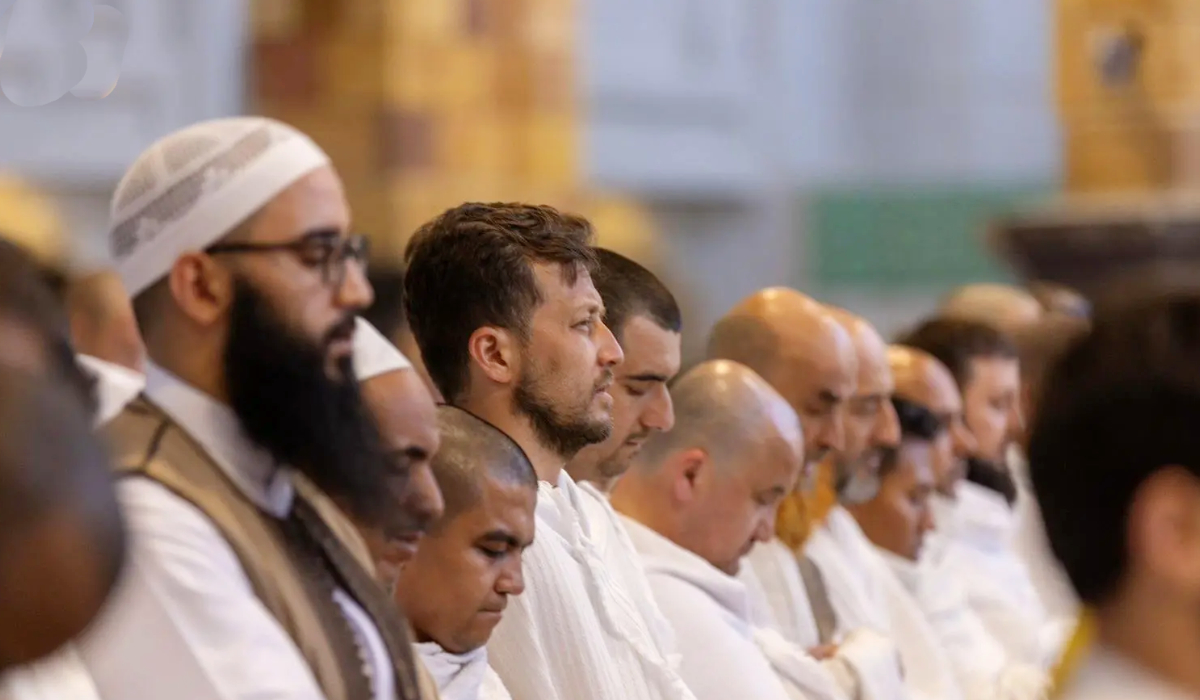Riyadh: The grand mufti of Saudi Arabia, Sheikh Abdulaziz Al-Asheikh, and senior scholars of the Islamic world are in Riyadh for the Islamic Fiqh Council’s 23rd session to discuss contemporary jurisprudence challenges.
Scholars and researchers from Islamic and Muslim-minority countries are attending the session, which runs from April 20 to 22.
The Islamic Fiqh Council sets out to clarify Shariah rulings for Muslims on a range of issues, show the adaptability of Islamic jurisprudence, and promote its heritage. The council also seeks to explain its terminology in contemporary language.
Al-Asheikh emphasized that Islamic jurisprudence, with its general principles, comprehensive rules, array of jurisprudential branches, fatwas, and diverse research on various topics provides flexibility and broad perspectives for contemporary scholars.
He also expressed appreciation to King Salman and Crown Prince Mohammed bin Salman for their efforts in serving the Two Holy Mosques and their visitors, as well as for the support provided to scholars.
Dr. Mohammed bin Abdulkarim Al-Issa, secretary-general of the Muslim World League, said in his speech that the session would review Shariah issues, based on in-depth academic research surveys conducted by distinguished scholars.
Hissein Brahim Taha, secretary-general of the Organization of Islamic Cooperation, said that the session was taking place during a critical period for the Islamic world, filled with significant intellectual and political challenges.

Dr. Mohammed bin Abdulkarim Al-Issa (C), secretary-general of the Muslim World League, said in his speech that the session would review Shariah issues, based on in-depth academic research surveys conducted by distinguished scholars. (SPA)
The president of the International Islamic Fiqh Academy, Dr. Saleh bin Abdullah bin Humaid, mentioned that the topics discussed by the academy’s committees and councils encompass Shariah, family, medical, economic, financial, and intellectual policies, all of which are of interest to the Islamic nation.
The secretary-general of the academy, Dr. Koutoub Moustapha Sano, said: “We are all required to work to unify rulings in Islamic countries in all matters of life, in accordance with the provisions of Islamic Shariah. That is the only way to accomplish Islamic unity among Islamic peoples.”
The session will have several scientific sessions devoted to contemporary jurisprudential issues and challenges.


































